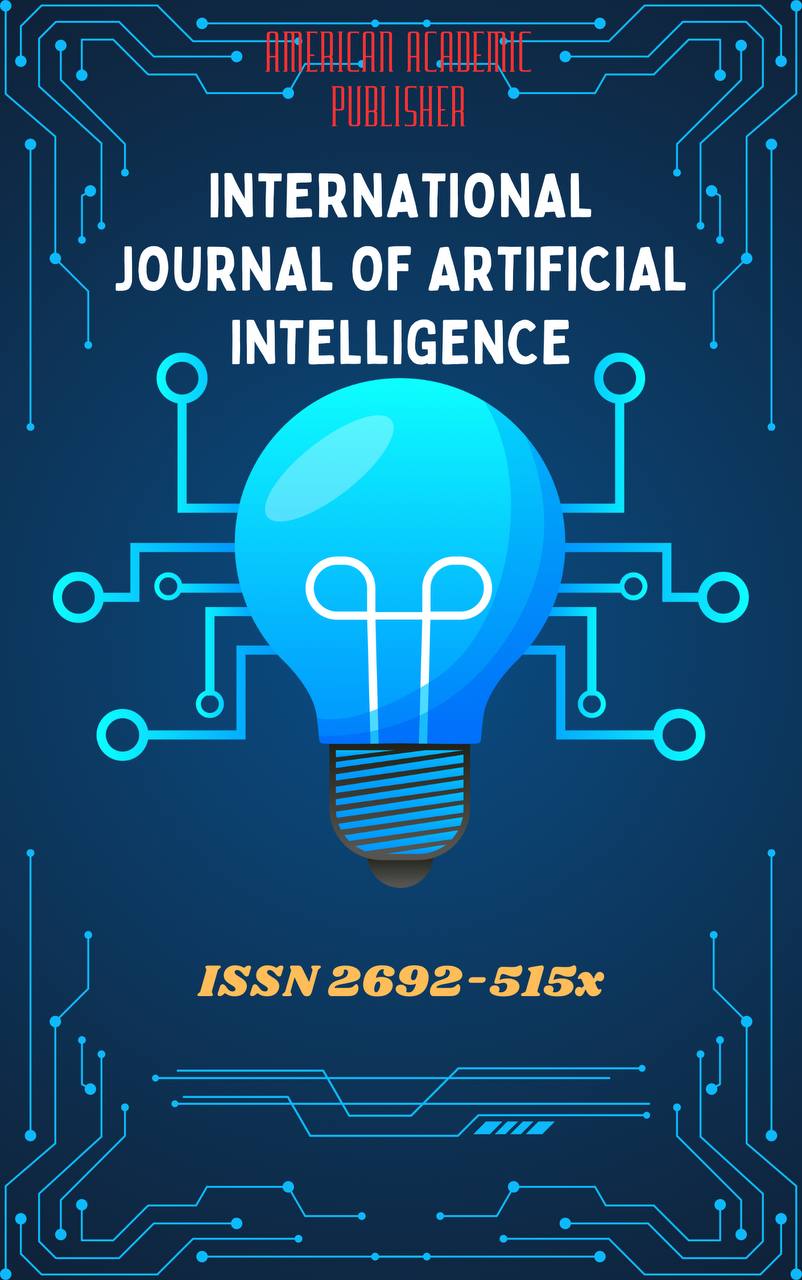 Articles
| Open Access |
Articles
| Open Access | DEVELOPMENT OF PROBLEM SOLVING COMPETENCE AMONG STUDENTS BASED ON COGNITIVE EDUCATIONAL TECHNOLOGIES (AS AN EXAMPLE OF PISA RESEARCH)
Umarov Nodirbek Nasirdin ugli , Independent researcher at Navoi State UniversityAbstract
This article analyzes the essence of cognitive educational technologies, their role and significance in the formation of problem-solving competence in students. It also describes the current state and proposals for problem-solving based on the results of the PISA international assessment program.
Keywords
cognitive technologies, problem-solving competence, PISA, critical thinking, constructivism, metacognition, competency-based approach.
References
Abdullaeva, M. Sh. (2020). The role and importance of cognitive technologies in modern education. Tashkent: “Fan va tehnologiy” publishing house.
Azizxo‘jayev, A. A. (2009). Pedagogical technologies and pedagogical skills. – Tashkent: “Fan”.
OECD. (2014). PISA 2012 Results: Creative Problem Solving – Students’ Skills in Tackling Real-Life Problems (Volume V). OECD Publishing. https://www.oecd.org/pisa
Koldosheva, Sh. R. (2021). The importance of the cognitive approach in the formation of students’ problem-solving competence. Journal: Innovations in Education, No. 4.
Jonassen, D. H. (2000). Toward a design theory of problem solving. Educational Technology Research and Development, 48(4), 63–85.
Bekmuratova, Z. A. (2022). Issues of development of students' reasoning ability based on PISA research. - Education of Uzbek language and literature.
Vygotsky, L. S. (1978). Mind in Society: The Development of Higher Psychological Processes. Harvard University Press.
Sadullaev, A. S. (2023). Using cognitive technologies in education: theory and practice. - Tashkent: Economy and Education Publishing House.
OECD. (2019). PISA 2018 Results (Volume I): What Students Know and Can Do. OECD Publishing. https://doi.org/10.1787/5f07c754-en
Woolfolk, A. (2016). Educational Psychology (13th ed.) Pearson Education.
Article Statistics
Downloads
Copyright License

This work is licensed under a Creative Commons Attribution 4.0 International License.

